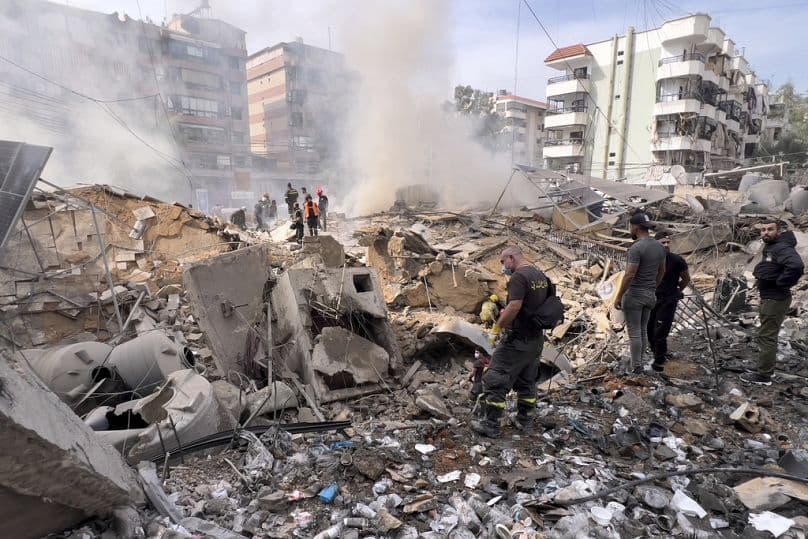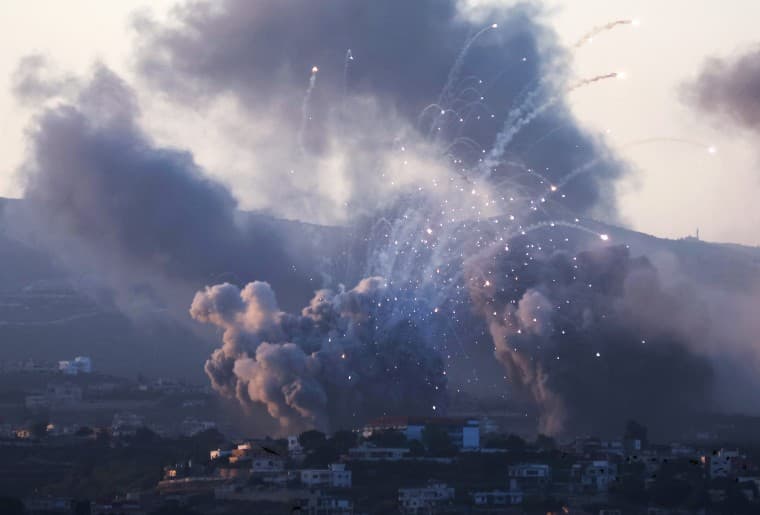Three Killed in Israeli Strikes on Lebanon as UN Patrol Comes Under Fire

Three people were killed in Israeli airstrikes across Lebanon, hours before the Israeli army reportedly targeted a United Nations peacekeeping patrol in the country’s south. The strikes, which hit locations in both the eastern and southern regions, mark a serious escalation that threatens to unravel the fragile ceasefire between Israel and Hezbollah agreed nearly a year ago.
According to Lebanon’s Health Ministry, two of the victims were killed in the Baalbek region in eastern Lebanon, while a third person died in the southern town of Naqoura. Among the dead was a Syrian national. The Israeli military claimed responsibility for the strikes, saying they were aimed at Hezbollah operatives allegedly involved in weapons transfers and coordination activities across the border.

The attacks occurred amid growing tension along the Lebanon Israel border, where the United Nations Interim Force in Lebanon (UNIFIL) has been monitoring the ceasefire under UN Security Council Resolution 1701. Shortly after the airstrikes, UNIFIL reported that an Israeli drone dropped a grenade near one of its patrols, followed by tank fire directed toward the same group near the village of Kfar Kila. No injuries or damage were reported, but the incident drew immediate condemnation from the UN mission, which described it as a violation of Lebanese sovereignty and international law.
Lebanese authorities and UNIFIL officials have warned that continued Israeli operations inside Lebanon could destabilize the entire border region. The peacekeeping force reiterated that all parties must avoid actions that endanger civilians or peacekeepers and adhere strictly to Resolution 1701, which ended the 2006 war between Israel and Hezbollah.

The Israeli government defended the airstrikes, saying they were part of ongoing security operations against what it called “Hezbollah terrorist infrastructure.” Prime Minister Benjamin Netanyahu said Israel “will act wherever necessary to ensure its security,” stressing that the country would not seek international approval to carry out such operations. The latest violence underscores the fragility of the ceasefire that took effect in November 2024. Sporadic clashes, drone incursions and cross border shelling have repeatedly tested the truce, while both Israel and Hezbollah accuse each other of violations. For Lebanon, already struggling with political paralysis and economic collapse, renewed hostilities threaten to push the country deeper into crisis.
The targeting of a UN patrol marks a particularly dangerous turn. Peacekeeping forces are protected under international law, and any attack against them risks sparking a diplomatic crisis. Observers warn that a single miscalculation could ignite a broader conflict involving Hezbollah, Israel and possibly regional powers. As of Sunday evening, UN officials were calling for restraint and a full investigation into the strikes and the incident involving its patrol. Meanwhile, in Lebanon, residents of border areas expressed growing fear that the situation could spiral back into full scale war. For now, both sides remain on high alert and the line between ceasefire and conflict continues to blur.

